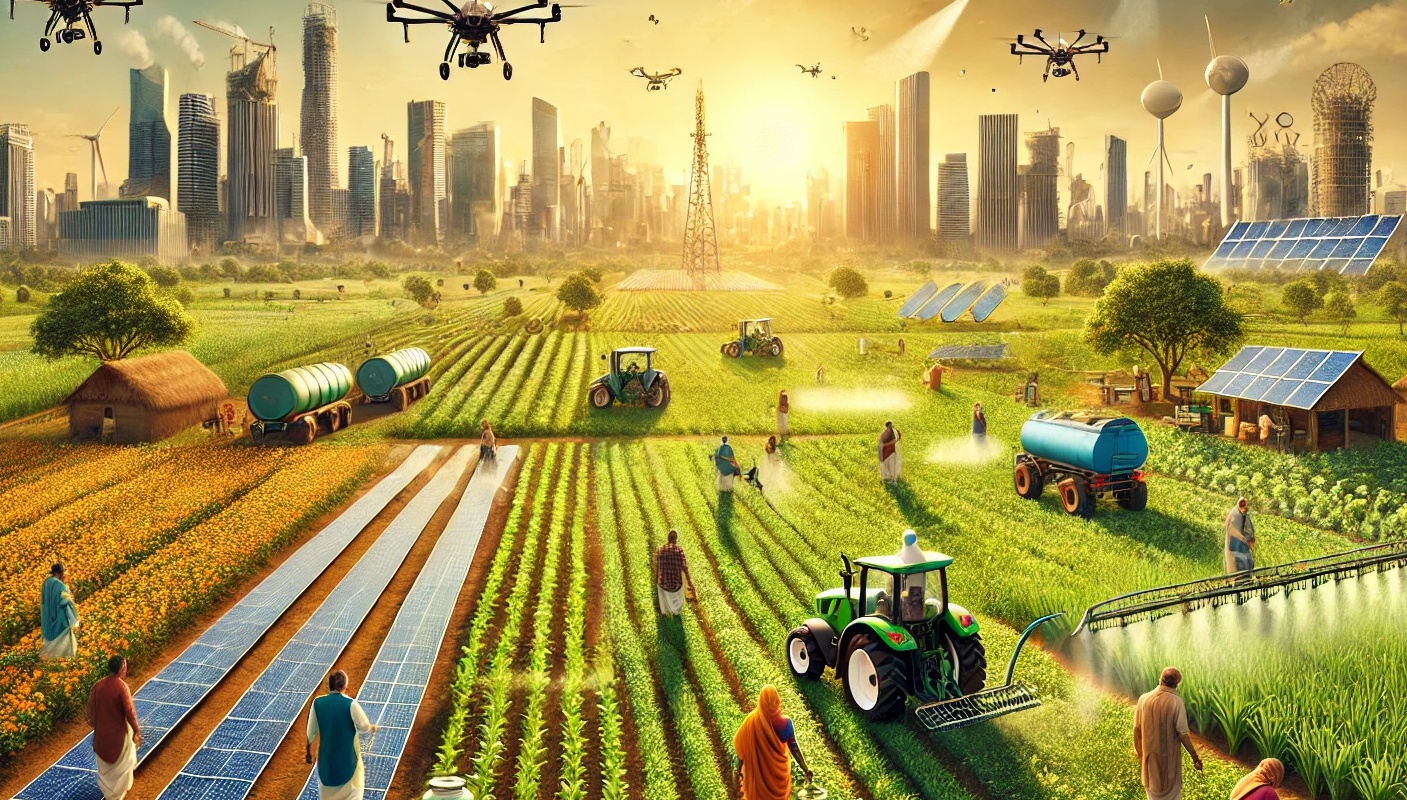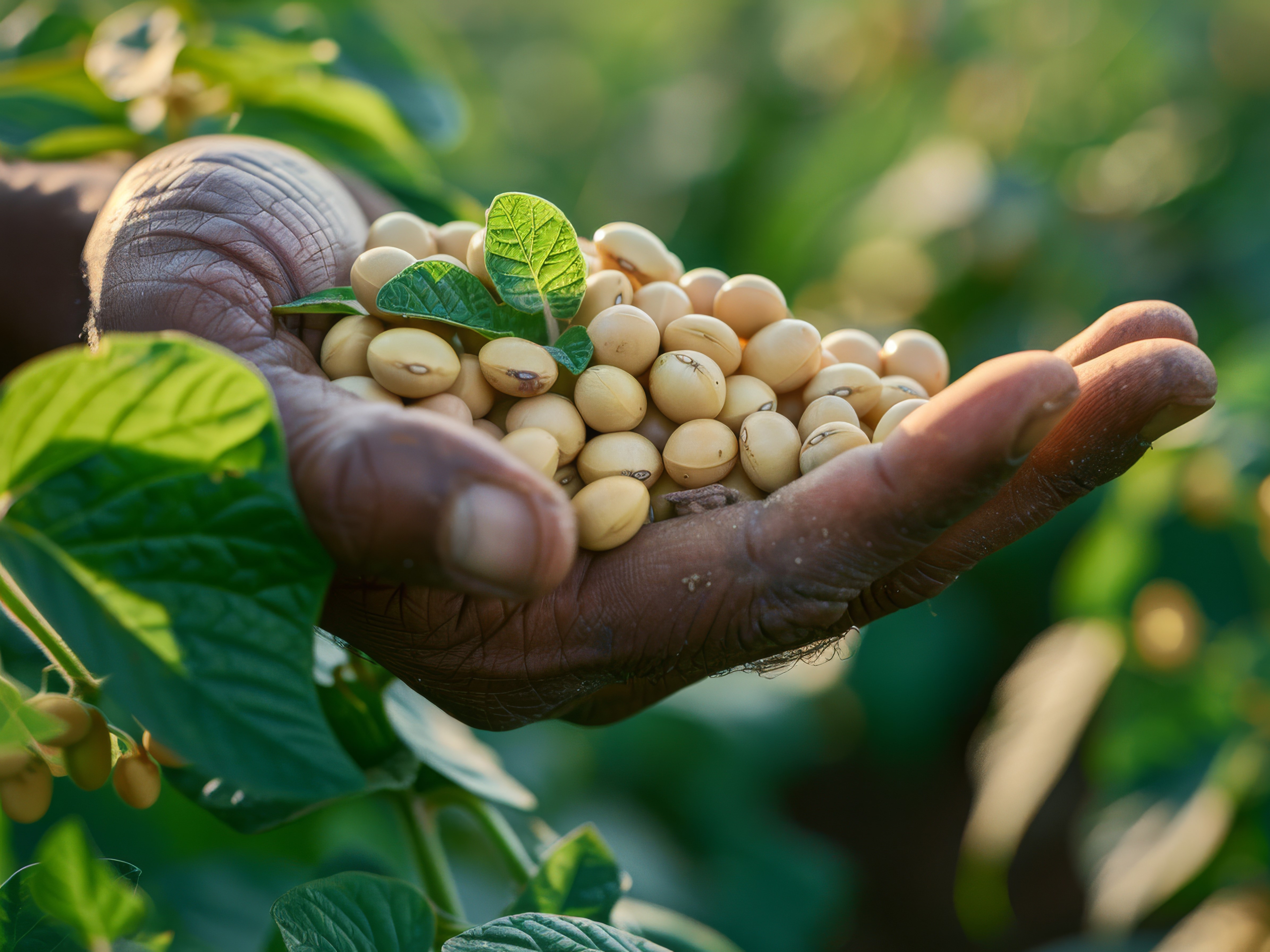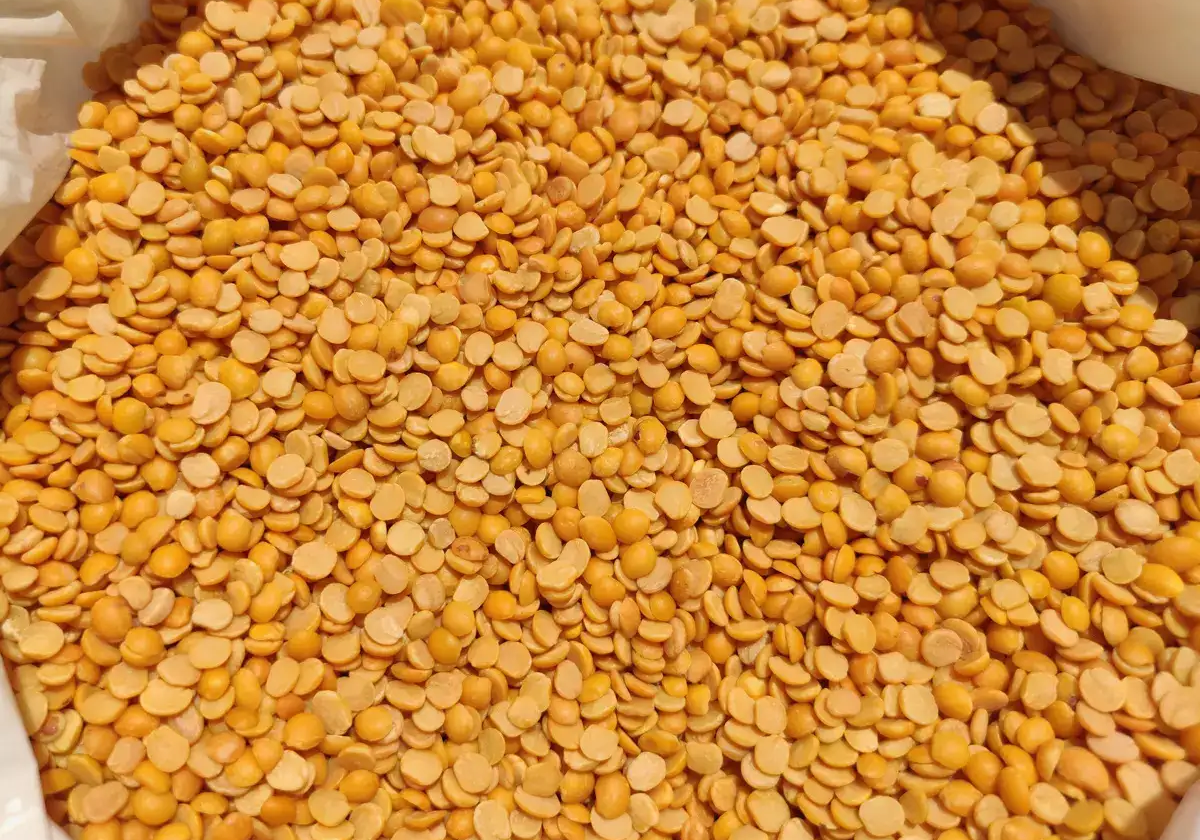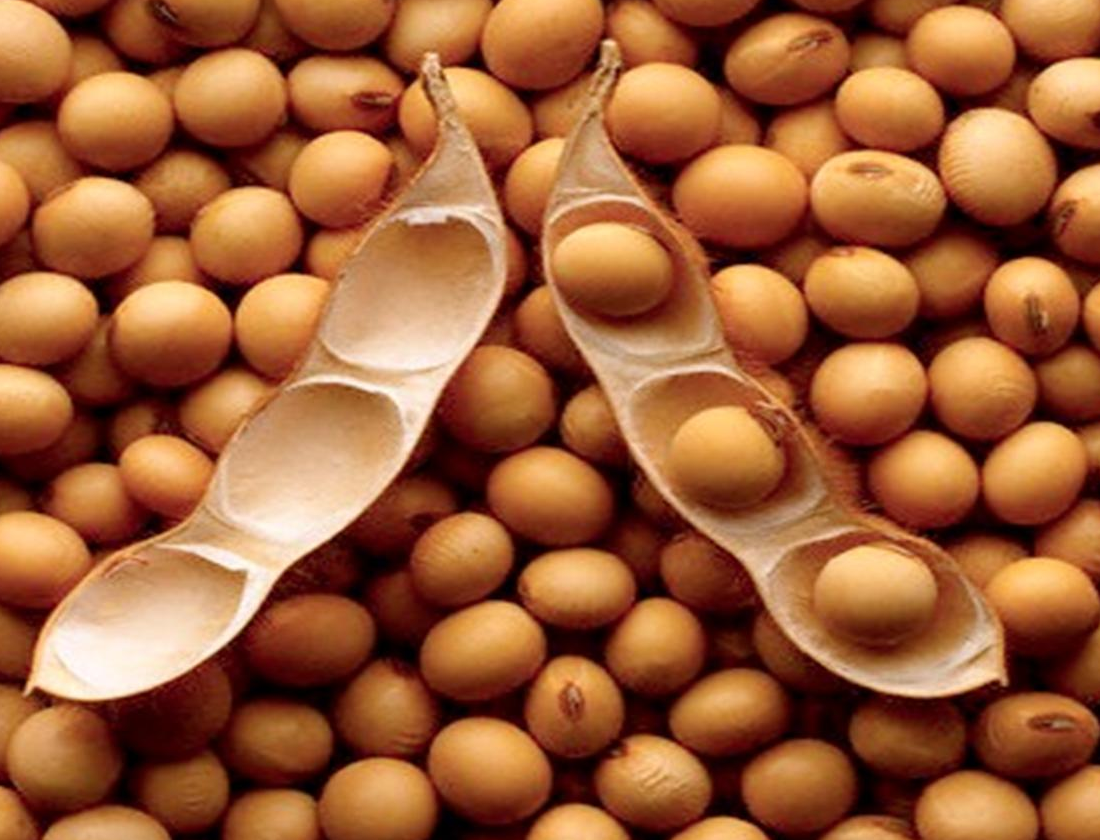Empowering farmers for a sustainable, prosperous future is the key
to realise the vision of a Viksit Bharat by 2047.
As India sets its sights on becoming a Viksit Bharat by 2047, the role of smallholder farmers in India has never been more critical. Smallholder farmers are the backbone of rural India, accounting for nearly 85% of agricultural land in the country. Yet, their contribution to the nation’s GDP has been steadily declining, now hovering around just 18%—a stark contrast to their significance in terms of employment. This disparity underscores the urgent need for comprehensive reforms to unlock the true potential of India’s farming community.
Challenges Facing Smallholder Farmers in India
Smallholder agriculture in India is plagued by multiple challenges, including limited access to credit, technology, and markets. With an average landholding size of just 1.1 hectares, small farmers often struggle with low productivity, lack of irrigation, and inefficient farming practices. Inadequate infrastructure further exacerbates these issues, leaving farmers vulnerable to fluctuating market prices and climate variability.
To overcome these Indian farming challenges, a multi-pronged approach is essential. Sustainable solutions such as crop diversification, climate-resilient practices, and precision agriculture must take precedence. Diversifying into high-value crops, such as fruits and vegetables, and improving irrigation and soil health can significantly increase incomes for smallholder farmers. Farmer support policies like sustainable farming can enhance productivity and make agriculture more resilient to climate shocks.
Role of Technology in Transforming Agriculture
Technology in Indian farming is emerging as a game-changer for smallholder farmers. Digital farming agri-tech platforms, like agribazaar, are bridging the gap between farmers and markets by providing real-time pricing information, improving market access, and reducing post-harvest losses, which currently account for 15–20% of agricultural produce. agribazaar enables farmers to connect directly with buyers, ensuring fair prices for their produce and eliminating intermediaries.
Similarly, integrating technology into farm operations can enhance efficiency and decision-making. From weather forecasting tools to soil health monitoring apps, technology can empower farmers to make data-driven decisions. Precision agriculture optimises resource use using drones and sensors, enhancing yields and profitability.
Another crucial aspect is forming and strengthening FPOs. These groups enable small farmers to pool resources, access bulk inputs, and collectively market their produce, giving them greater bargaining power. FPOs also act as a platform for introducing technological innovations and improving financial literacy among farmers.
Diversifying Rural Development Economies
While agriculture remains the primary livelihood for rural India, diversifying into non-farm activities is vital for economic security. Rural industrialisation, agro-processing, and local entrepreneurship can open new income avenues for smallholder farmers. Establishing value chains for agricultural products and better storage and transport facilities can ensure farmers earn higher incomes from their produce.
Government schemes for farmers to promote rural manufacturing and cottage industries can complement agricultural activities, reducing dependence on seasonal farming incomes. Moreover, by encouraging women’s participation in rural sectors and entrepreneurship, the socio-economic fabric of rural India can be strengthened.
The Road Ahead: Towards a Viksit Bharat
Ultimately, the Indian agriculture vision of a Viksit Bharat hinges on empowering India’s smallholder farmers. Modernising agriculture, improving infrastructure, and fostering inclusive growth will be key to transforming the agricultural sector. Agricultural policy India interventions should focus on increasing credit availability, robust agri supply chain management, and enhancing rural education to create an enabling environment for farmers to thrive.
Public-private partnerships can further accelerate this digital transformation in agriculture. Companies like agribazaar are pivotal in empowering smallholder farmers through technology and innovation. By simplifying market access and providing data-driven insights, agribazaar is helping farmers enhance productivity, reduce risks, and achieve better financial outcomes.
agribazaar’s Contribution to Viksit Bharat
As India moves towards its ambitious 2047 goal, agribazaar is at the forefront of this journey, driving innovation in agriculture and uplifting smallholder farmers. By providing access to transparent markets, facilitating technology adoption, and promoting sustainable farming practices, agribazaar empowers farmers to achieve higher incomes and improved livelihoods. Its focus on creating a seamless digital India agriculture ecosystem aligns with Viksit Bharat’s vision—an India where smallholder farmers are no longer marginalised but are central to the nation’s progress.








 Connect With Us
Connect With Us